15 Natural Foods and Spices That Protect Your Arteries
Every heartbeat is powered by a remarkable network—our arteries, carrying life-giving blood to every corner of our bodies. Over time, the choices we make, big and small, quietly shape those arteries’ abilities to stay flexible and resilient. If you’ve ever wondered whether your kitchen could hold the keys to a stronger heart, you’re in good company. The science says it can! The foods and spices we savor can offer far more than just flavor—they can serve as gentle protectors for our blood vessels, supporting a lifetime of vibrant movement and energy. Let's be honest: modern living is full of competing demands and fast fixes. But what if supporting your arterial health could feel nourishing rather than restrictive? This isn’t about “clean eating” perfection or following rigid rules. Instead, it’s an open invitation to explore 15 simple, natural foods and spices that help your arteries thrive. With each bite and sprinkle, you’re not just feeding your appetite—you’re honoring your heart, nurturing your wellbeing, and giving your future self a little extra care. Ready for real, practical answers? Here’s a science-backed guide to smart, delicious choices you can embrace with confidence, no matter where you’re starting today.
1. Berries: Natural Antioxidant Powerhouses

Berries bring far more to the table than sweetness and color—they’re packed with polyphenols, antioxidants that help protect arterial walls from everyday stress and inflammation. Strawberries, in particular, have been shown to reduce both blood pressure and LDL (“bad”) cholesterol, two key factors in arterial health. One study from San Diego State University found daily strawberry consumption led to marked improvements in cardiovascular risk factors. Raspberries, too, shine for their soluble fiber content; a single cup offers about eight grams, helping limit cholesterol absorption. The secret is in variety—think blueberries, blackberries, strawberries, and raspberries together. Fresh or frozen, they hold their heart benefits, and are as easy to enjoy in breakfast bowls, smoothies, salads, or as a naturally sweet snack. Aiming for a cup a day is an excellent, enjoyable goal. Over time, even these small, colorful additions create a ripple of renewal for your blood vessels. When eating feels like self-care, every berry becomes a celebration of your wellbeing.
2. Oats: Soluble Fiber for Cholesterol Support
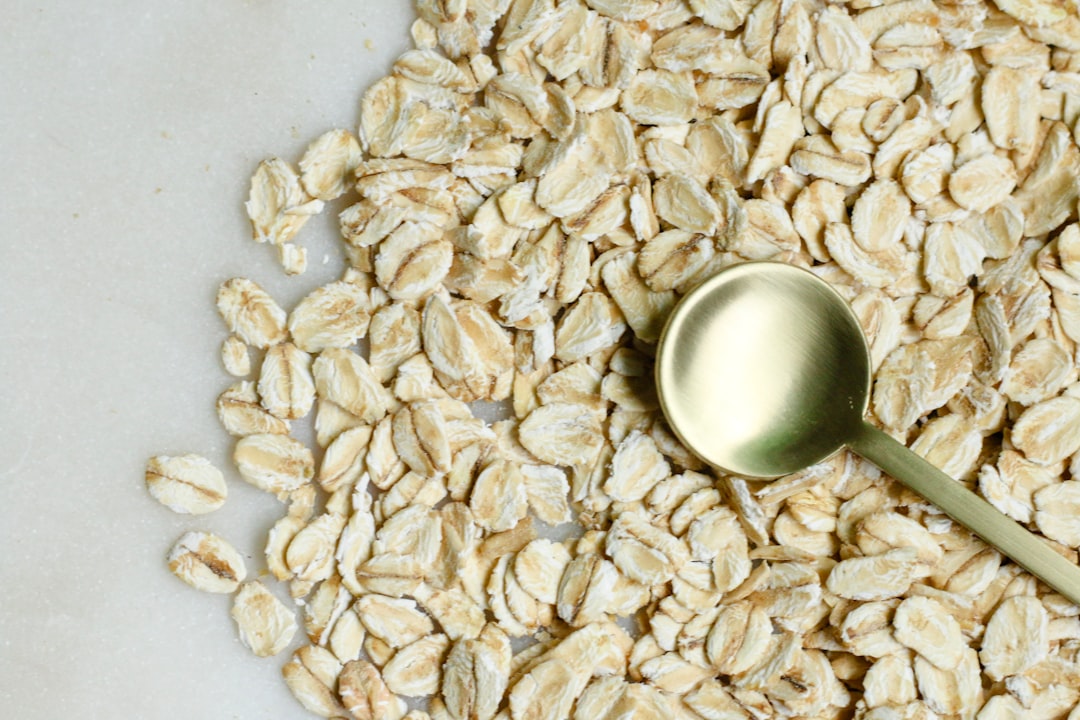
If you’re looking for a breakfast that pulls double duty—comforting and actively supporting your arteries—oats are a quiet hero. Their star component, beta-glucan soluble fiber, binds to LDL cholesterol in the digestive tract and ushers it out before it can cause arterial trouble. Consistent oat consumption is linked with lower cardiovascular risk, and it’s no surprise so many nutrition experts recommend it. Half a cup of cooked oats at breakfast or in snacks is a helpful starting point. Oats are refreshingly versatile: try overnight oats for busy mornings, add them to yogurt, or use them as the foundation for homemade granola. Prefer a savory approach? Stir them into soups for a creamy texture that’s also heart-friendly. It’s a gentle shift you can make any day—swapping out more processed grains and watching your arteries thank you, one easy bowl at a time.
3. Leafy Greens: Nitrate-Rich Blood Flow Boosters
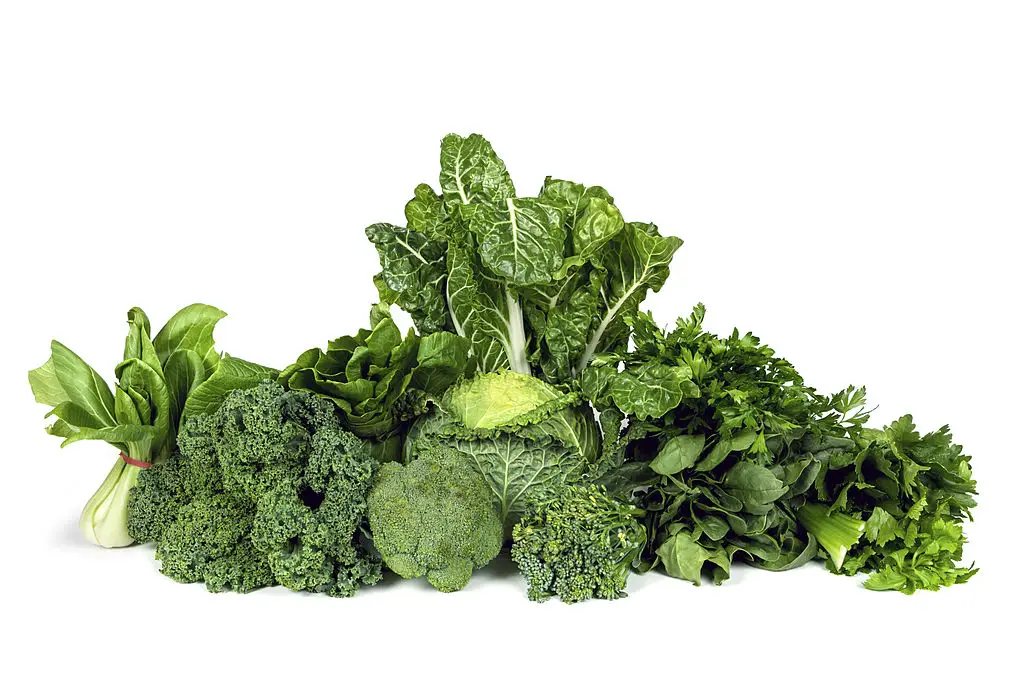
Greens like spinach, kale, and Swiss chard are so much more than “side salad” material. They’re loaded with natural nitrates, compounds that relax and widen blood vessels to support healthy blood flow and pressure. This means more oxygen and nutrients can course smoothly through your arterial “highways.” Leafy greens are also packed with potassium, magnesium, and vitamins that care for your whole cardiovascular system. Don’t worry—there’s no need to down a mountain of salad daily. Just one cup raw or half a cup cooked (think a big handful) makes a difference, whether tossed into omelets, whirled into smoothies, or sautéed as a quick side. Cycling through a few varieties can keep things interesting and give you a broader spectrum of nutrients. Each small serving is a gentle nudge toward lasting arterial vitality, with flavor and flexibility to match.
4. Fatty Fish: Omega-3s for Inflammation

Tuna, salmon, sardines, and mackerel are rich in omega-3 fatty acids—essential allies for fighting arterial inflammation. Multiple studies confirm that these healthy fats help lower triglycerides, reduce blood pressure, and support flexible, healthy arteries. The American Heart Association recommends two servings (around three ounces each) per week of fatty fish to capture these benefits. Grilled or baked fish makes for easy prep, and canned tuna or salmon is a quick fix on busy days. Pair with leafy greens for a double boost, or add to salads and wraps for a heart-healthy meal that feels anything but forced. Not all fish are created equal, so focus on these “fatty” varieties when possible. Even simple changes, like a tuna salad sandwich a couple of times a week, can quietly build up your arterial reserves—no gourmet kitchen required.
5. Walnuts: Plant-Based Omega-3s and Antioxidants
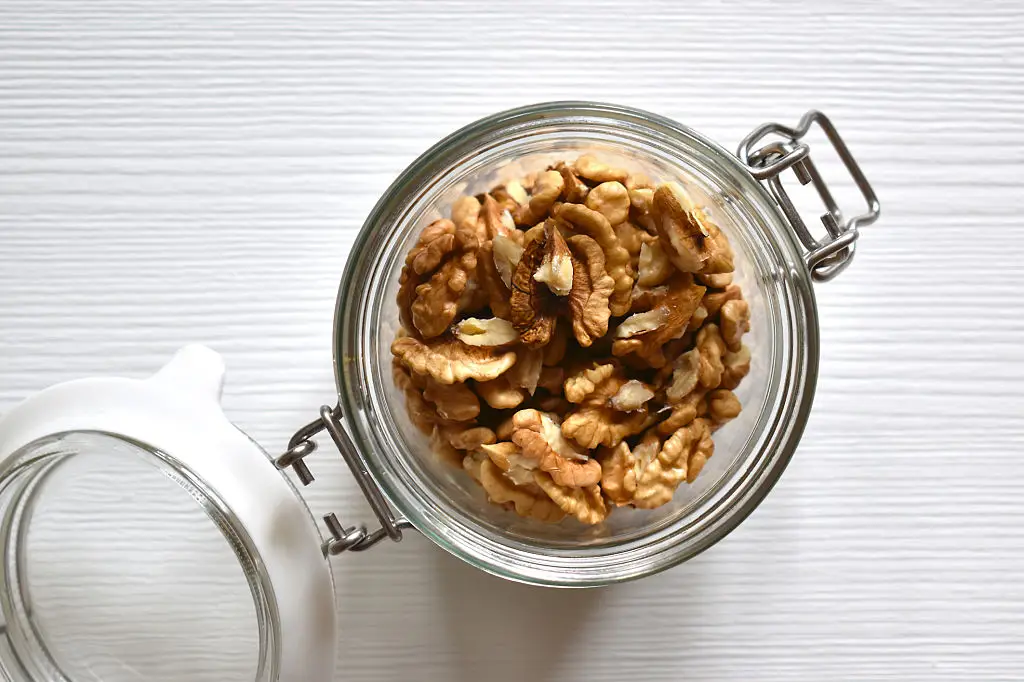
Walnuts are more than just a snack—they’re densely packed with alpha-linolenic acid (a plant-based omega-3 fat), antioxidants, and minerals that directly support healthy arteries. Research has shown that people who enjoy a small handful of nuts daily see reductions in total and LDL cholesterol, along with lower levels of inflammation. For optimal results, stick with unsalted varieties and aim for about a quarter cup (roughly 30 grams) per day. Walnuts offer versatility: sprinkle on oatmeal, tuck into salads, or simply snack on them as they are. Their rich, earthy flavor lends itself to both sweet and savory dishes. Transitions toward better health don’t require giving up the foods you love—sometimes, it’s just a matter of making room for nourishing options like walnuts. Let this small handful be your daily act of kindness for your arteries.
6. Olive Oil: Healthy Fats for Artery Flexibility
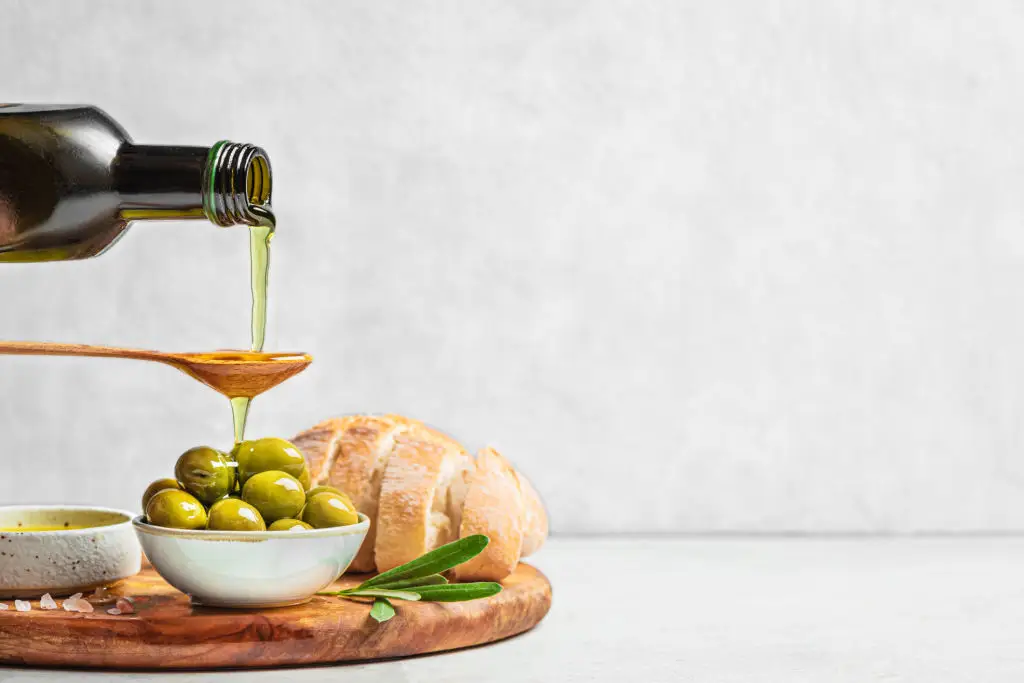
Swap out heavy, processed fats for extra virgin olive oil, and your arteries will thank you. This staple of Mediterranean kitchens is brimming with monounsaturated fats and antioxidants known to keep arteries supple and counter low-grade inflammation. Scientific reviews show consistent olive oil use is linked to better cholesterol profiles and lower risk of clogged arteries. Drizzle one to two tablespoons daily on vegetables, whole grains, or salads. Make it your default for sautéing instead of butter or margarine. For a rich depth of flavor, try dipping whole grain bread into seasoned olive oil—the experience is both comforting and heart-smart. Gradual swaps like this offer real-world ways to build a lasting habit, nourishing both your palate and your arteries with every meal.
7. Dark Chocolate: Polyphenol Protection
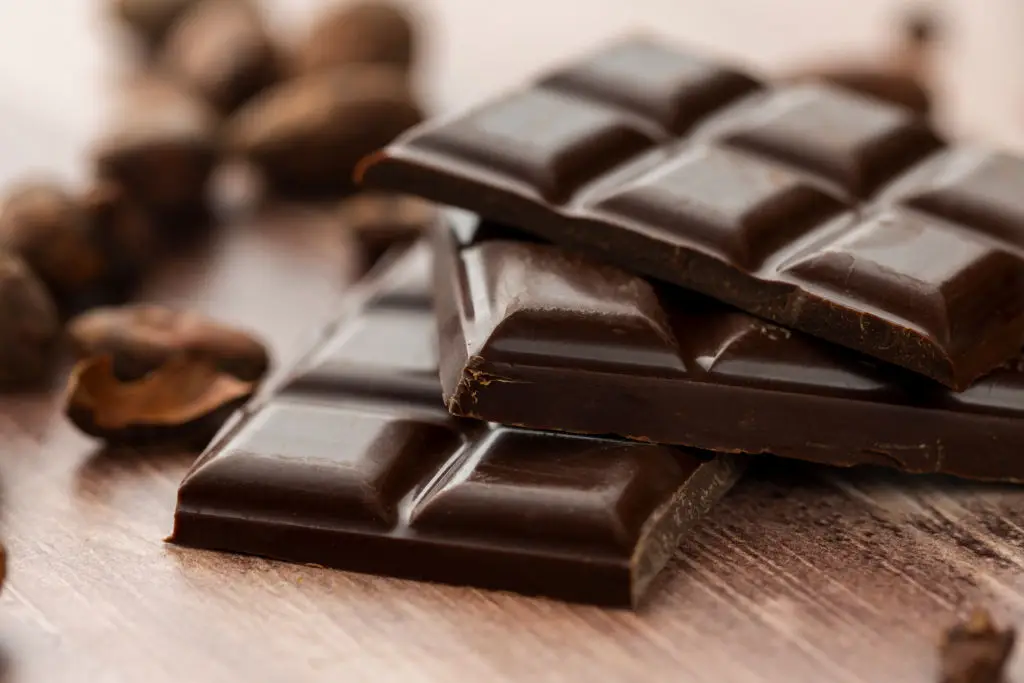
Here’s a healthful indulgence worth savoring: dark chocolate, when enjoyed thoughtfully, can offer true arterial support thanks to its high polyphenol content. For the maximum benefit, choose chocolate with at least 75% cocoa—this ensures you’re getting bioactive compounds that help reduce blood pressure and may limit plaque formation. The American Journal of Clinical Nutrition notes that regular cocoa consumption is linked with up to 27% lower risk of dying from heart disease. Enjoy a small square (around 20 grams) a few times a week, preferably as an after-dinner treat or snack. Avoid overly sweetened options for best results. When chocolate is no longer off-limits, but part of mindful, joy-filled eating, it’s easier to focus on what supports long-term vitality. Let this bit of daily pleasure round out your artery-care routine in the most delicious way.
8. Tomatoes: Lycopene for Cholesterol Defense
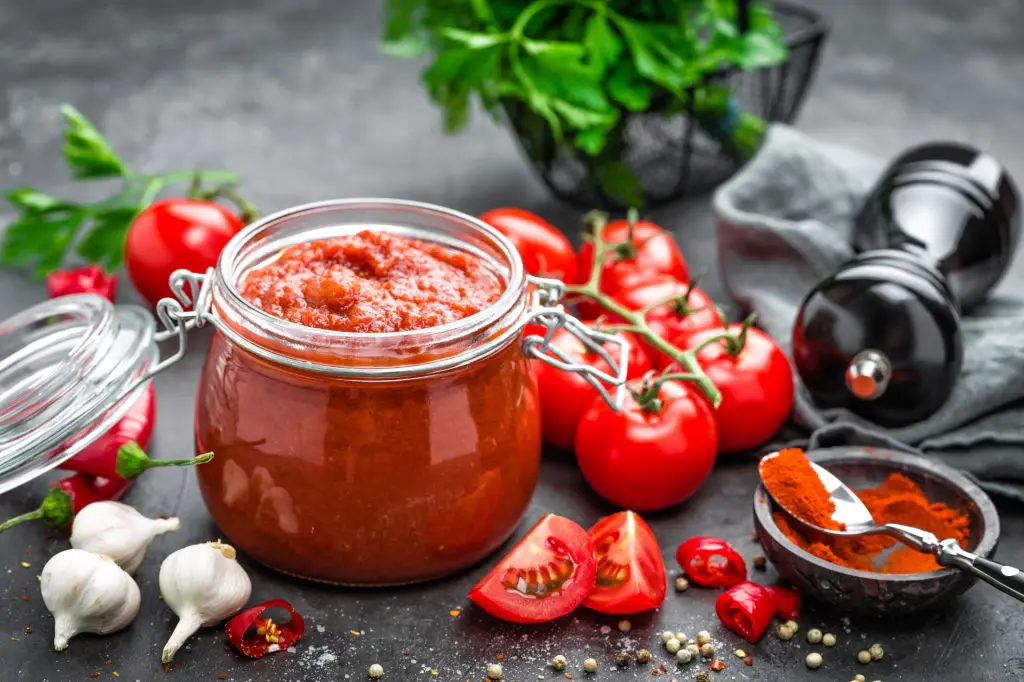
Tomatoes are a vibrant source of lycopene, a carotenoid that’s especially potent at reducing LDL cholesterol oxidation and slowing plaque buildup in the arteries. Research suggests cooked or processed tomatoes—think sauces, stews, and soups—deliver lycopene in a more absorbable form. If you’re pressed for time, a bowl of tomato soup or a splash of marinara can fit the bill easily. Aim for at least half a cup daily and don’t shy away from pairing tomatoes with healthy fats like olive oil or avocado—these combos actually boost lycopene absorption. Whether you reach for juicy fresh tomatoes in a salad or enjoy a rich tomato stew, every serving helps keep your arteries protected in a satisfying, flavorful way.
9. Garlic: Nature’s Blood Flow Enhancer
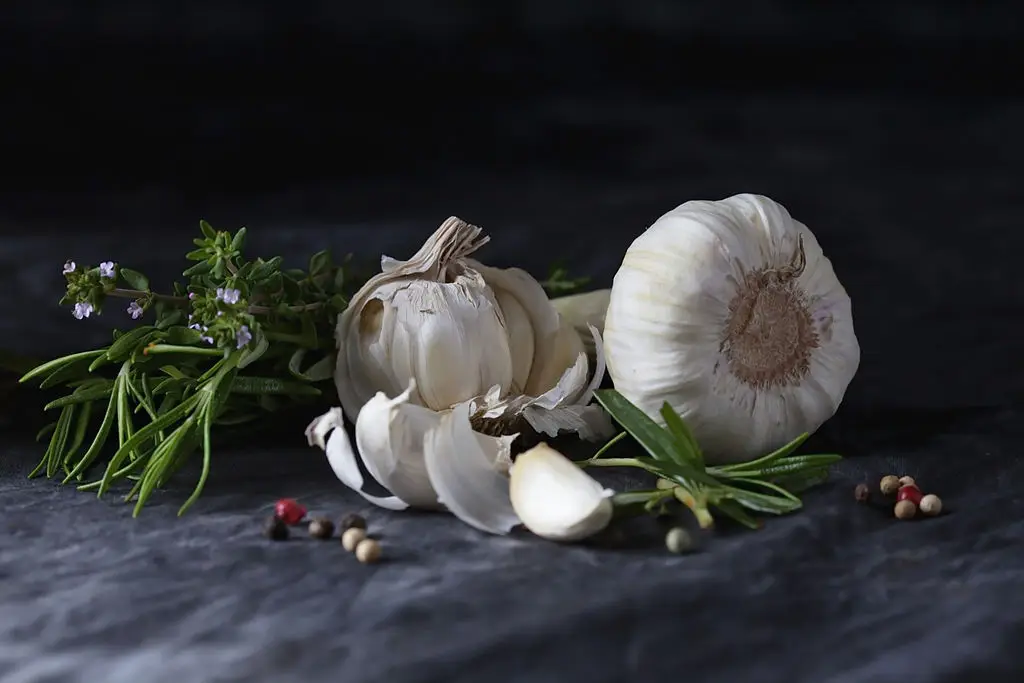
Few kitchen staples carry as much medicinal tradition as garlic, and its reputation is well earned. The secret is allicin, a compound formed when garlic is crushed or chopped, known for improving blood flow and lowering both cholesterol and blood pressure. Even a quarter to half a raw clove daily can support arterial health. For best effect, allow chopped garlic to rest for a few minutes after cutting to maximize allicin. Add it raw near the end of cooking, or fold into savory dishes like guacamole, dips, or stir-fries. If strong flavors aren’t your style, roasting softens the bite while keeping many beneficial compounds. Small steps, taken regularly, bring consistency to your wellness routine—and make those family recipes even more meaningful for your future health.
10. Turmeric: Anti-Inflammatory Golden Spice
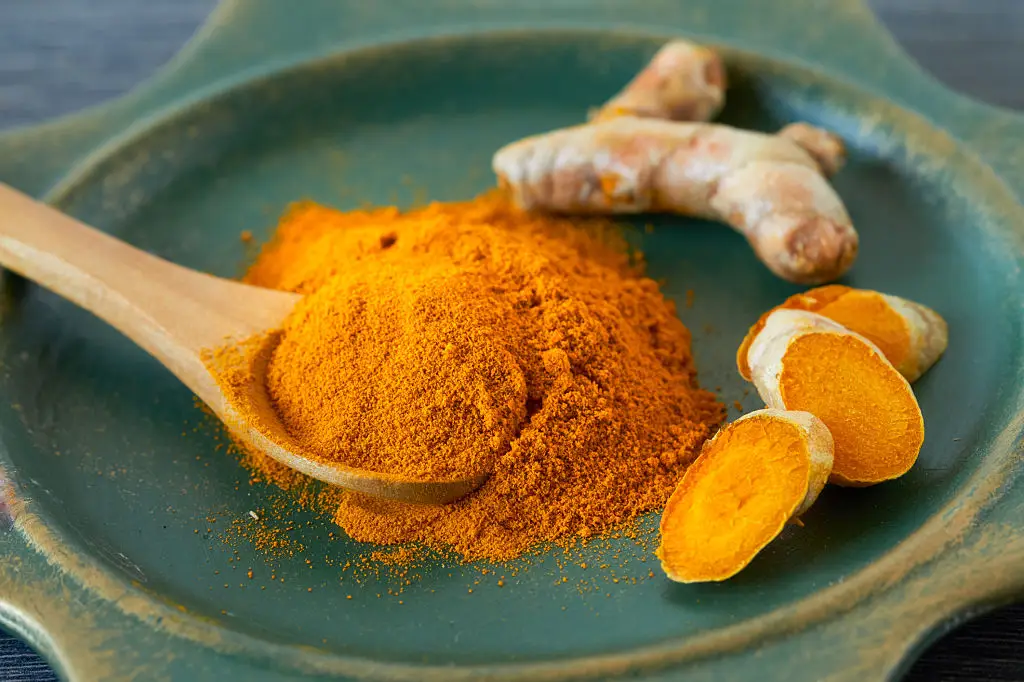
Turmeric’s golden hue signals its power—curcumin, its vital compound, acts as a potent anti-inflammatory for blood vessels. Ongoing research points to curcumin helping maintain healthy blood flow and flexible, youthful arteries. Just a quarter teaspoon daily—added to soups, rice dishes, or smoothies—may help reduce inflammatory damage over time. For best absorption, combine turmeric with a pinch of black pepper; this duo increases the amount your body can use. If you find new flavors intimidating, start small and adjust to taste. Trying a warming turmeric tea or golden milk can be a gentle introduction. The joy of discovery lies in finding the right blend for you—each sprinkle is another positive step on your wellness path.
11. Flaxseeds: Fiber and Plant Omega-3s
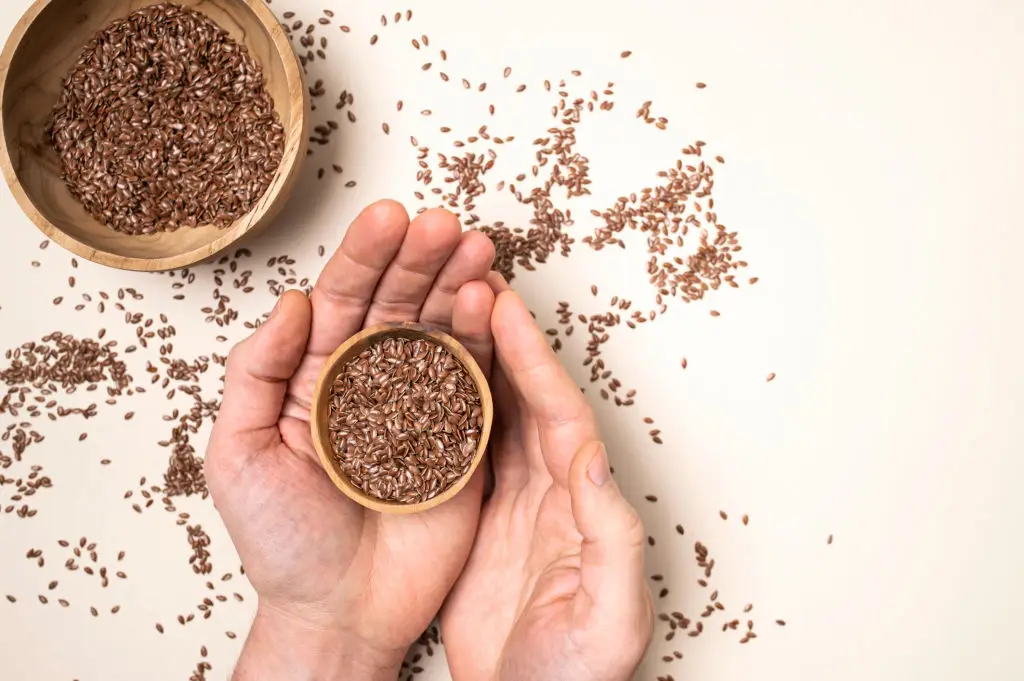
Tiny but mighty, flaxseeds mix plant-based omega-3s (alpha-linolenic acid), lignans, and a generous dose of soluble fiber—all of which collaborate to lower cholesterol and help stabilize blood pressure. Ground flax is easiest for your body to absorb; aim for a tablespoon daily stirred into yogurt, oatmeal, or a morning smoothie. The nutty flavor plays well in both sweet and savory dishes. Store ground flaxseed in the fridge to preserve freshness, and avoid whole seeds unless you enjoy the crunch—they tend to pass through your system undigested. These seeds fit seamlessly into busy routines and offer a subtle, ongoing foundation for your artery-friendly habits.
12. Okra: Mucilage to Trap Cholesterol

Okra often flies under the radar, but its unique “mucilage”—a gel-like substance created by exopolysaccharides (EPS)—acts almost like a magnet for cholesterol, trapping it and helping carry it out of your system. Research supports okra’s role in reducing both cholesterol and blood pressure, giving it a special seat at the arterial health table. Enjoy it steamed, sautéed, or added to dishes like gumbo or stews. For those wary of its distinctive texture, slicing okra into thin rounds before cooking can limit its “sliminess.” Experiment with gentle seasonings or a quick stir-fry for a new spin. Adding something a little unexpected is sometimes all it takes to brighten your path to better health—and keep things fresh in the kitchen.
13. Beans: Soluble Fiber and Plant Protein
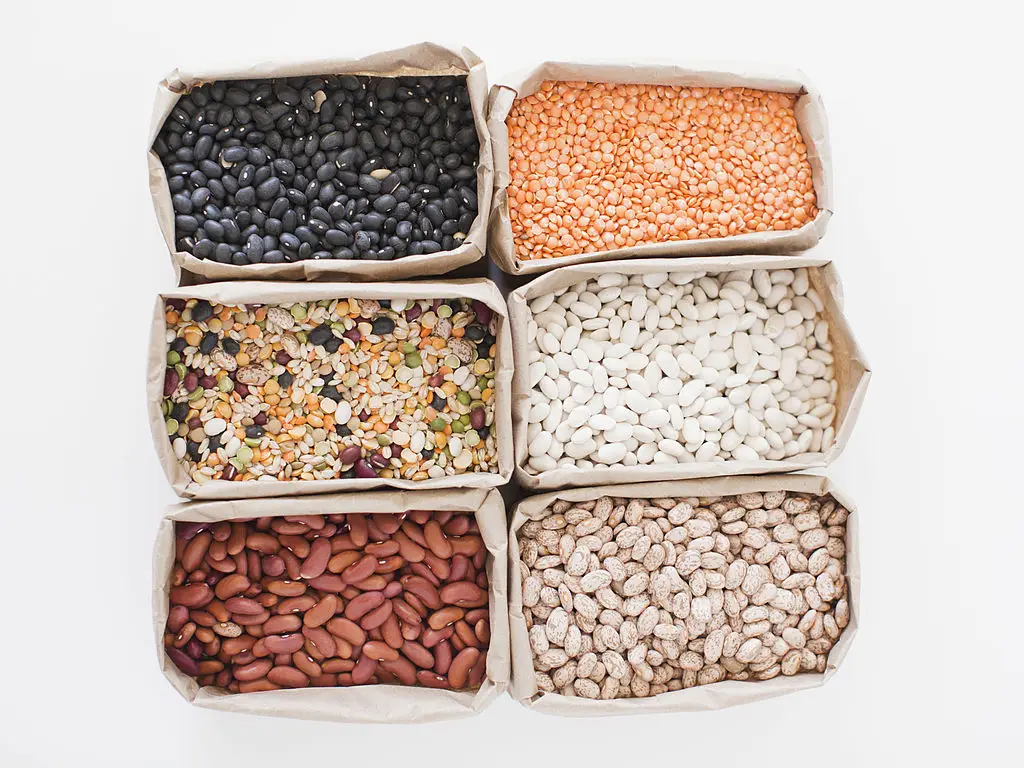
Beans—like black beans and kidney beans—pack a one-two punch of soluble fiber and satisfying plant protein, both crucial for keeping arteries clear and strong. Even a half-cup cooked daily can significantly decrease cholesterol levels and help you feel fuller longer (which supports healthy weight maintenance). The Heart Foundation recommends all types, from humble lentils to chickpeas, as equally effective in supporting cardiovascular wellness. Don’t have time to soak and cook beans from scratch? No problem—canned beans (just give them a good rinse) work beautifully and save effort. Tuck them into soups and salads, or mash them for dips and spreads. Building the habit is what matters, and every serving is a quiet act of support for your heart and arteries.
14. Cinnamon: Balancer of Blood Sugar and Cholesterol
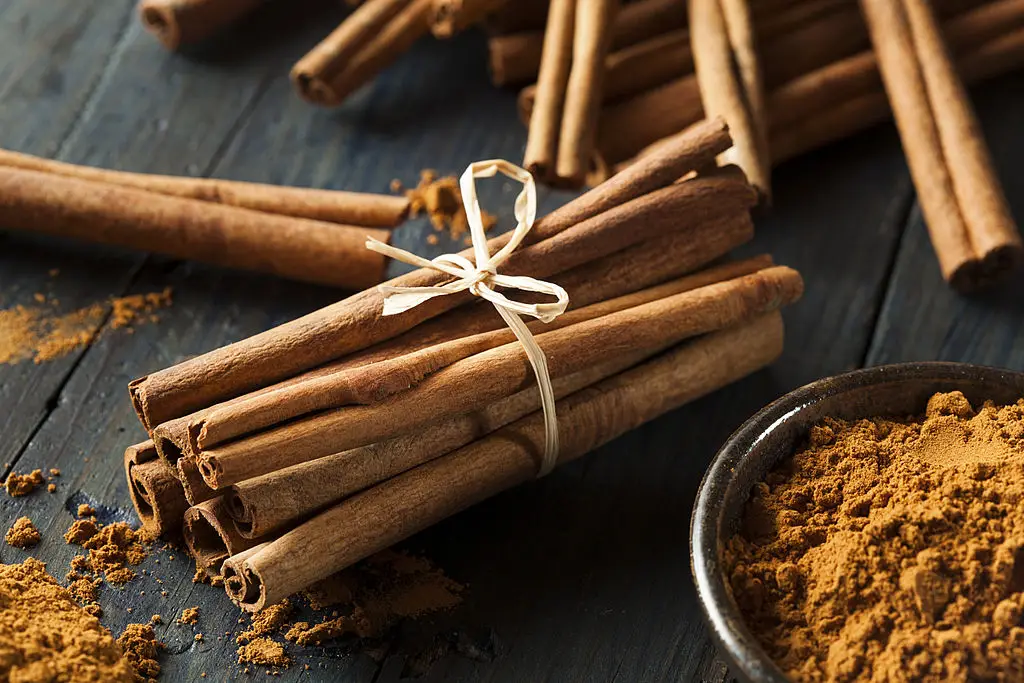
Cinnamon does more than flavor coffee and desserts—it may also help lower LDL cholesterol and keep blood sugar in check, both central pillars of arterial health. Studies suggest that as little as a quarter teaspoon daily (the equivalent of a hearty sprinkle) is enough to see benefits. If you have the option, reach for Ceylon cinnamon, sometimes called “true” cinnamon, for a sweet but complex flavor profile. Stir it into oatmeal, dust over yogurt or fruit, or blend into smoothies for a warming touch. Cinnamon’s natural sweetness also helps cut cravings for extra sugar, giving double the support to your future self. These gentle tweaks keep your wellness routine cozy and inviting, one fragrant spoonful at a time.
15. Avocado: Potassium & Monounsaturated Fats
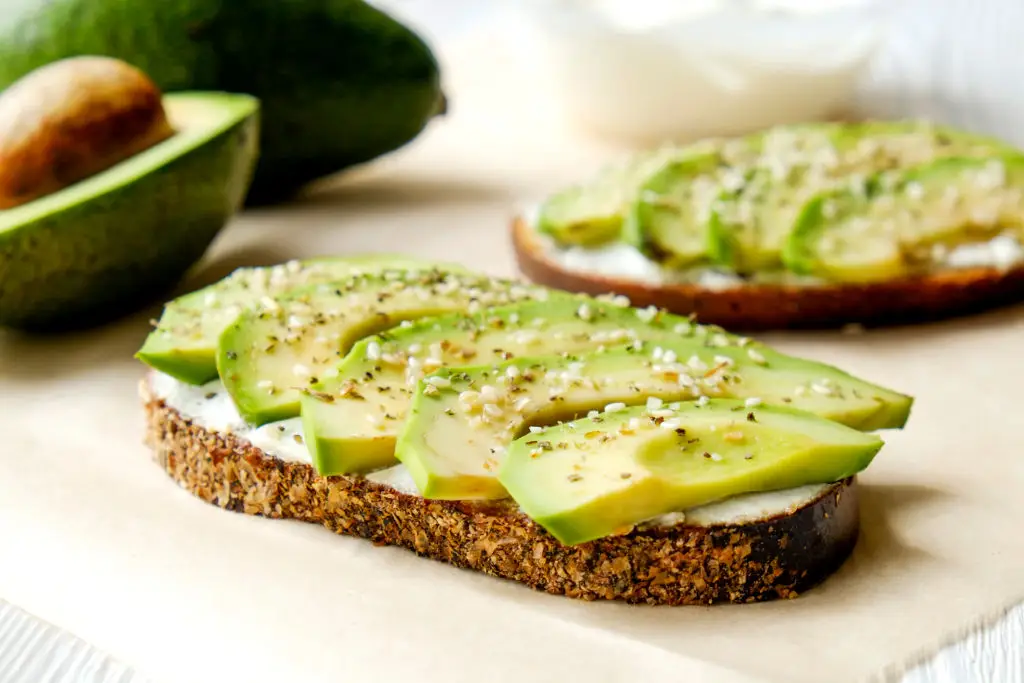
Avocados are beloved for their creamy taste and rich texture, but their health benefits go even deeper. Full of potassium, fiber, and heart-friendly monounsaturated fats, studies show that eating half to one avocado per day can lower LDL cholesterol while boosting HDL (“good”) cholesterol levels. Along with guarding your arteries, avocados help your body absorb other nutrients—like the lycopene from tomatoes, for a synergy that multiplies your efforts. Enjoy avocado sliced over toast, folded into salads, or blended into smoothies. Their mild, buttery nature means they fit into nearly any eating pattern, supporting your wellness goals in ways that never feel like giving up. This simple addition can be a vibrant act of self-care every day.
Nourishing Your Arteries, Nourishing Your Life

Caring for your arteries isn’t about a perfect, one-size-fits-all diet—it’s about small choices, added up over weeks, months, and years. Every berry, handful of nuts, spoonful of oats, or sprinkle of spice is a gentle affirmation of your commitment to long-term vitality. There’s no finish line or final test to pass; instead, this journey is about steady, sustainable progress as you listen to your body and honor its needs. Allow yourself flexibility and curiosity—experiment with new foods, revisit old favorites, and find what truly supports your unique path. These 15 natural foods and spices aren’t just tools in the fight against heart disease; they’re invitations to embrace a more vibrant, flavorful way of life. Every nourishing choice is a celebration of your wisdom and strength—for today, and for years to come.
